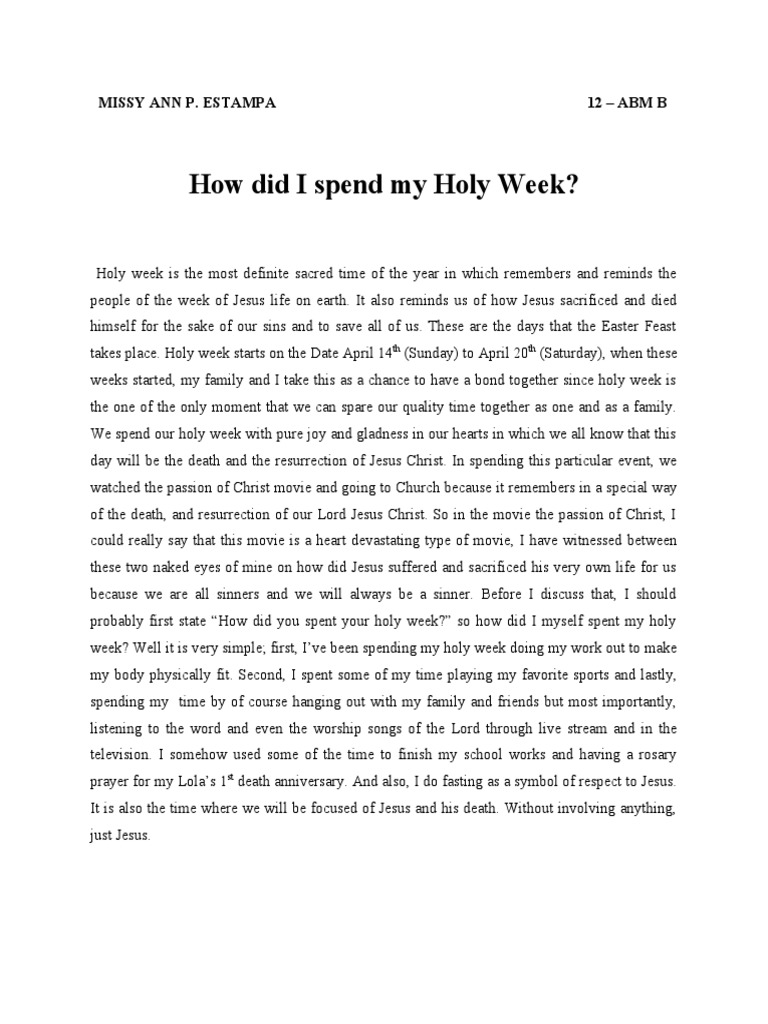In the realm of Bahá’í teachings, the concepts of sacrifice and resurrection encapsulate profound theological insights, resonating deeply within the collective consciousness of humanity. These themes intertwine like the delicate threads of a tapestry, yielding a narrative rich in spirituality and moral imperative. As one delves into this exploration, it becomes evident that sacrifice is not merely an act of giving up something of value; it is an elevation of one’s essence, a transcendence that leads to spiritual resurrection—a rebirth into a new existence characterized by heightened awareness and divine purpose.
To comprehend the Bahá’í perspective on sacrifice, one must first acknowledge the importance of the individual’s journey toward selflessness. Sacrifice, in this spiritual context, is akin to the pruning of a tree, essential for it to flourish. As the roots dig deeper into the soil, the branches stretch higher toward the sky, so too does the individual, when they relinquish selfish desires, elevate their spiritual state. Abdu’l-Bahá eloquently articulates that true sacrifice entails the forsaking of worldly attachments in favor of devotion to a higher cause, embodying a universal love that transcends borders and divisions.
This notion of sacrifice is profoundly tied to the Bahá’í belief that life is characterized by duality— a constant interplay between the material and the spiritual realms. In this light, sacrifice is not merely a loss; rather, it represents a transition from one mode of existence to another. The material pleasures, often regarded as the pinnacle of happiness in the transient world, dissolve in the face of spiritual fulfillment, which offers a far more enduring form of joy. Indeed, the act of sacrificing worldly desires is a metamorphosis leading to the resurrection of the soul, unveiling the innate potential for greatness imbued within each individual.
The metaphorical resonance of resurrection within Bahá’í teachings parallels the profound act of sacrifice. It encapsulates the transformative power of personal and collective evolution. Resurrection, in this theological framework, transcends the physical realm—it is an awakening of the spirit and a recognition of the divine presence in every facet of existence. It is a journey of revival akin to the budding of spring after the long slumber of winter, symbolizing hope and renewal.
In examining the concept of resurrection through a Bahá’í lens, it is imperative to highlight the cyclical nature of life and death. Unlike many conventional interpretations that focus solely on the afterlife, the Bahá’í understanding extends to the continuous pattern of spiritual rebirth experienced throughout one’s earthly journey. This phenomenon can be likened to the cyclical nature of the seasons, where each death—of a particular belief, habit, or way of being—ushers in the birth of new understanding and perspective, thus advancing the spiritual pilgrimage of the soul.
Moreover, the individual’s resurrection is inherently tied to the resurrection of humanity at large. The Bahá’í teachings advocate for collective advancement through the interplay of individual sacrifices. Each act of love, compassion, and service engenders ripples that resonate beyond the self, contributing to the elevation of the human race as a whole. Hence, the Bahá’í discourse transcends the merely individualistic viewpoint, asserting that personal sacrifice catalyzes societal resurrection. This notion embodies the core principle of unity, establishing a crucial relationship between the self and the community.
As one contemplates the implications of sacrifice and resurrection, it is vital to reflect upon the divine examples set by the Manifestations of God, who epitomize the essence of these teachings. The life of Jesus Christ and His ultimate sacrifice is a poignant illustration of love’s transcendent power and the promise of resurrection. Similarly, Bahá’u’lláh, the Founder of the Bahá’í Faith, embodies the ultimate act of sacrifice through His imprisonment and exile, offering humanity a path toward understanding divine justice and mercy. Their lives exemplify the interplay of suffering, sacrifice, and subsequent resurrection—transformational journeys that inspire individuals to cultivate resilience and hope amidst adversity.
In the pursuit of embodying these principles, Bahá’ís are encouraged to reflect upon their personal experiences of sacrifice and the subsequent growth they have encountered. Each sacrifice becomes a stepping stone toward self-actualization, a catalyst for the unfolding of their spiritual potential. Rituals, prayers, and communal activities serve as opportunities for individuals to embody these teachings actively, creating a nurturing environment where collective resurrection can occur. The Bahá’í community thrives on the conviction that through acts of selflessness and elevation of the collective soul, they pave the way for a world imbued with peace, love, and harmony.
Ultimately, the Bahá’í teachings surrounding sacrifice and resurrection coalesce into a compelling narrative that urges humanity to transcend the confines of self-interest. The dual concepts encourage a profound reflection on individual purpose, urging all to recognize the interconnectedness between personal growth and societal development. This intricate dance between sacrifice and resurrection holds not just a promise of personal awakening, but a beacon of hope for a world yearning for unity and peace, illuminating the path toward collective resurrection.
